Epsom Salt For Acne: 9 Effective Home Remedies To Clear Skin
A few simple ways this potent ingredient may cleanse your skin of those pesky pimples.
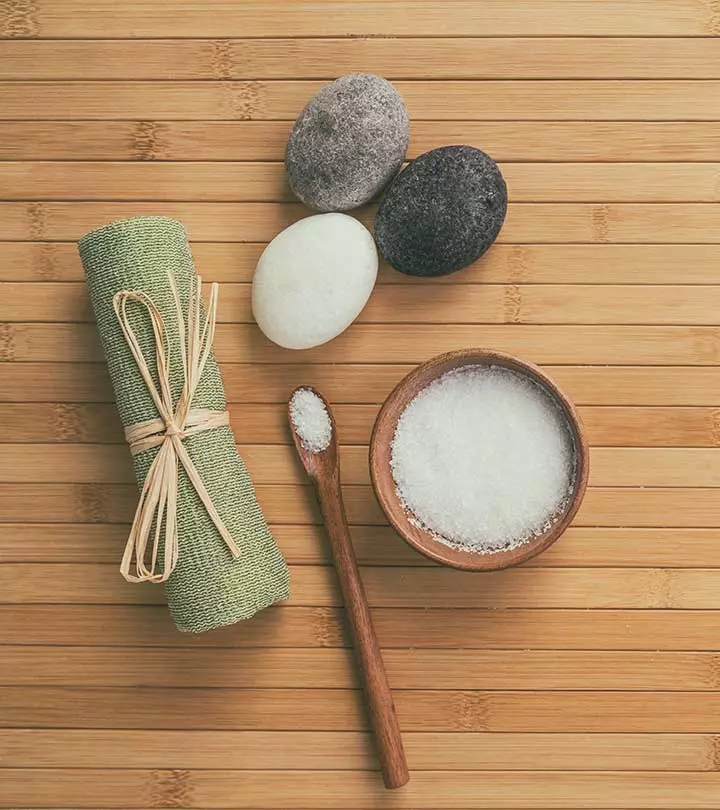
Image: Shutterstock
The benefits of Epsom salt for acne have been questioned for a long time owing to the lack of scientific evidence. However, those who witnessed a change in their skin condition swear by its benefits. So, what is Epsom salt? Also known as magnesium sulfate, it is a mineral compound that relieves aching muscles and offers therapeutic and detoxifying effects. Given these benefits, is it a good idea to use this salt for acne or not? In this article, we will explore the anti-acne potential of Epsom salt and the best ways to use it. Keep reading.
 Did You Know?
Did You Know?In This Article
Is Epsom Salt Effective In Treating Acne?
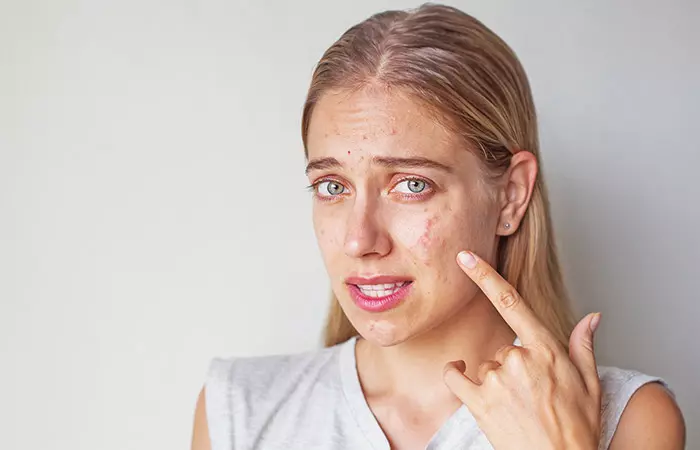
Using salt water for skin, including Epsom salt, has many benefits. While there is no scientific evidence suggesting Epsom salt’s efficacy in treating acne, it may still be beneficial for acne management by supporting your skin in several ways. Advocates of Epsom salt argue that it:
- Soothes your skin by exfoliating dead skin cells and is beneficial in improving the skin texture. It also relieves conditions, such as eczemai A common skin condition, usually found among children, that causes inflamed, dry, and itchy skin and weakens skin’s barrier function. and psoriasisi An autoimmune skin disease that causes rashes and itchy skin, usually on the knees, scalp, elbows, and trunk. .
- Helps relieve stress by relaxing your muscles and soothing your senses. It is said that the magnesium in Epsom salt penetrates your skin and helps raise the magnesium levels in your body, which is crucial for minimizing stress. However, there is no study that claims that magnesium can penetrate your dermal layers.
- Reduces pain, especially pain caused by inflammatory conditions, such as gout and arthritis. People with these conditions experienced a reduction in discomfort and soreness after taking Epsom salt baths.
- Reduces acne, including blackheads, whiteheads, and pimples. Acne is caused when dirt, dead skin cells, and sebum clog your skin pores and cause inflammation. Many people use Epsom salt as a spot treatment to reduce swelling and inflammation.
Jennifer Fix, a YouTuber, shared how Epsom salt helped her combat body acne. She said, “The first two weeks that I started taking those Epsom salt baths, I definitely noticed a slight difference. Eventually, it really did help me a lot (i).”
The absence of proof does not mean that Epsom salt does not work at all. A significant number of people have used Epsom salt and swear by its benefits. Epsom salt is extensively used in traditional Chinese medicine (TCM). It has been used for centuries to promote sleep, relaxation, blood circulation, and detoxification. If you want to use Epsom salt to treat acne, you can try these easy home remedies.

Key Takeaways
- Epsom salt is said to help reduce acne, blackheads, and whiteheads.
- It has been used in traditional Chinese medicine to induce sleep, relaxation, blood circulation, and cleansing.
- If you are allergic to sulfur, Epsom salt may induce nausea, skin irritation, vomiting, sleepiness, rashes, hives, and swelling of the lips and tongue.
Ways To Use Epsom Salt For Acne
1. Epsom Salt And Water Facial Soak
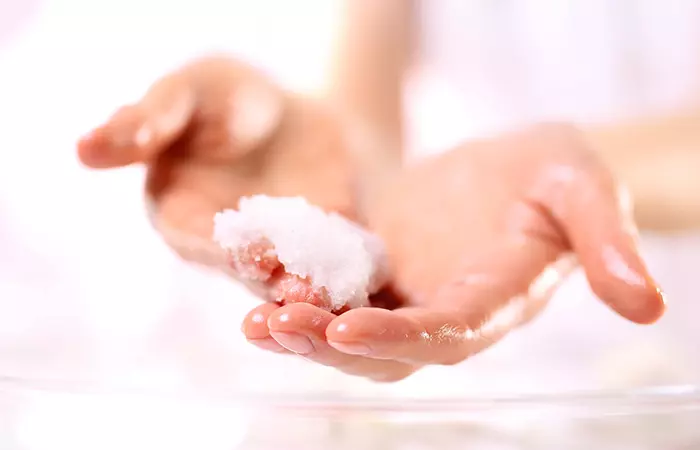
You Will Need
- 2-3 tablespoons Epsom salt
- 2 cups warm water
- 1 washcloth
Method
- Mix the Epsom salt in water until it dissolves completely.
- Soak the washcloth in Epsom salt water.
- Wring it gently and place it on your face. Don’t cover your eyes.
- Leave the cloth on your face until it cools down.
- Repeat this process several times on all parts of your face (except eyes).
- Rinse your face with warm water.
- Follow this remedy three times a week.
2. Epsom Salt And Avocado Face Mask
Avocado does not treat acne, but it is an excellent base for any face mask. When used with Epsom salt, it has a soothing effect on your skin.
You Will Need
- ½ avocado (mashed)
- 1 tablespoon Epsom salt
Method
- Whip the avocado and Epsom salt together until you get a smooth mixture.
- Spread a thin layer of the mixture on your face.
- Leave it on for 20-30 minutes.
- Wash it off with warm water.
- Repeat this routine three times a week.
3. Epsom Salt And Honey Face Mask
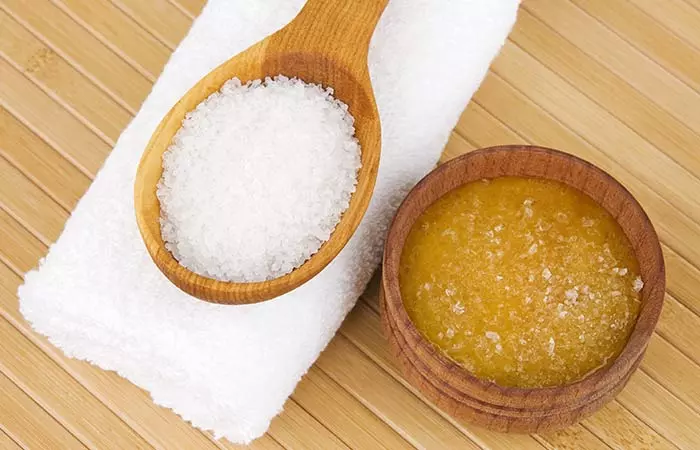
Honey has antimicrobial, antibacterial, and anti-inflammatory properties. The high sugar content in honey prevents bacterial activity, which is why it is widely used to treat many skin conditions (1). When used along with Epsom salt, honey makes for an excellent face mask and an exfoliation agent.
You Will Need
- 2 tablespoons Epsom salt
- 2 tablespoons organic honey (you may use Manuka honey, if available)
Method
- Mix the honey and Epsom salt until they are combined well. You may adjust the quantity of both as per your convenience.
- Apply the mixture to your face or the affected area.
- Massage gently in a circular motion for a few minutes.
- Leave it on for at least 15 minutes.
- Wash it off with warm water.
- Repeat this process two to three times a week.
4. Epsom Salt And Virgin Coconut Oil Face Mask
Virgin coconut oil soothes and moisturizes your skin and relieves many skin conditions. It has anti-inflammatory properties, and it helps improve the skin barrier function (2). The therapeutic properties of virgin coconut oil, along with Epsom salt, can help reduce acne inflammation.
Note: If you have oily skin, avoid using coconut oil or consult a dermatologist before using it on your skin.
You Will Need
- 2 tablespoons virgin coconut oil
- 1 tablespoon Epsom salt
- 2-3 drops of any essential oil (optional)
Method
- Mix the oil(s) and Epsom salt.
- Massage the mixture on your face or the affected area for a few minutes.
- Leave the mask on for at least 20-30 minutes.
- Wash it off with warm water.
- Repeat this remedy two to three times a week.
5. Epsom Salt And Oatmeal Face Mask
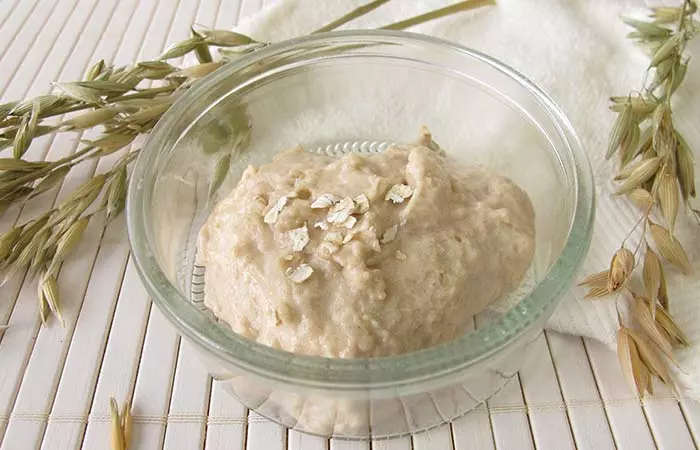
Colloidal oatmeal (finely ground oats boiled in water) is widely used in dermatology for soothing various topical issues. It is known to have anti-inflammatory and antioxidant benefits that can soothe irritated skin (3). This face mask can calm acne and feel soothing on your skin.
You Will Need
- ½ cup oats (ground and boiled)
- 1 tablespoon Epsom salt
- 1 teaspoon honey
- Water (use it to achieve the desired consistency)
Method
- Mix all the ingredients in a bowl.
- Combine well and apply on your face or the affected areas.
- Leave it on for 20-30 minutes.
- Wash it off with warm water.
- Follow this routine three times a week.
6. Epsom Salt And Olive Oil Face Mask
Extra virgin olive oil has anti-inflammatory properties as it contains a compound called oleocanthali A chemical compound in extra-virgin olive oil that is known to have anti-inflammatory and antioxidant properties. (4). Thus, it might help in reducing inflammation around the acne.
You Will Need
- 2 tablespoons Epsom salt
- Extra virgin olive oil (use it to achieve the desired consistency)
Method
- Pour the Epsom salt in a bowl and add extra virgin olive oil to it. Adjust the quantity as per the desired consistency. Mix well.
- Massage the mixture gently on your face for 2-5 minutes.
- Leave it on for another 10-15 minutes.
- Wash it off with warm water.
- Repeat this remedy two times a week.
7. Epsom Salt, Turmeric, And Milk Face Scrub
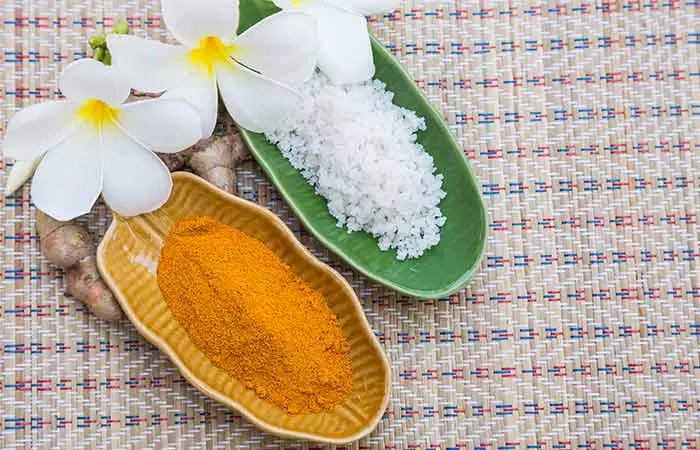
Milk contains lactic acid that improves skin texture and makes it smooth (5). Turmeric has antimicrobial, anti-inflammatory, and antioxidant properties (6). These properties keep your skin healthy and minimize acne and other types of inflammation.
You Will Need
- ¼ cup milk cream (scoop out the cream from full-fat milk)
- ½ teaspoon turmeric
- 1 tablespoon Epsom salt
Method
- Mix all the ingredients in a bowl.
- Spread the mixture on your face or the affected area(s).
- Leave it on for 15-20 minutes.
- Wash it off with warm water.
- Repeat this routine two to three times a week.
8. Epsom Salt And Baking Soda Bath
There is no scientific proof that baking soda is good for treating acne. However, many people have used it on their face and experienced positive results. This is because of the exfoliating effect of baking soda. You can make natural bath salts with a combination of baking soda and Epsom salt.
Caution: Avoid this remedy if you have sensitive skin.
You Will Need
- ¼ cup baking soda
- ¼ cup Epsom salt
- 2-3 drops of any essential oil (optional)
Method
- Mix all the ingredients in a bowl.
- Prepare a warm bath and pour the mixture into it. Stir it with your hands to dissolve it completely.
- Soak in the bath for 20-40 minutes.
- Take a shower and follow up with a moisturizer.
- Repeat this routine two times a week.
9. Epsom Salt And Tea Tree Oil Treatment
A study found that tea tree oil has antimicrobial and antibacterial properties, thanks to a compound called terpinen-4-ol. It showed that 5% tea tree oil can reduce acne-causing bacteria and help with acne lesions (7). It may also minimize blemishes effectively.
You Will Need
- 2 tablespoons Epsom salt
- 1 tablespoon tea tree oil
- 1 cup water
Method
- Mix Epsom salt and tea tree oil in water until fully dissolved.
- Use a cotton ball to apply the solution to the affected areas.
- Let it sit for 15-20 minutes before rinsing off.
- Repeat this treatment 2-3 times a week for best results.
 Quick Tip
Quick TipThere is only anecdotal evidence of the benefits of Epsom salt for acne and the skin. In most cases, topical Epsom salt does not cause any negative effects and is considered safe to use. However, there is scope that things might go wrong. Here’s what you need to know.
Side Effects Of Epsom Salt
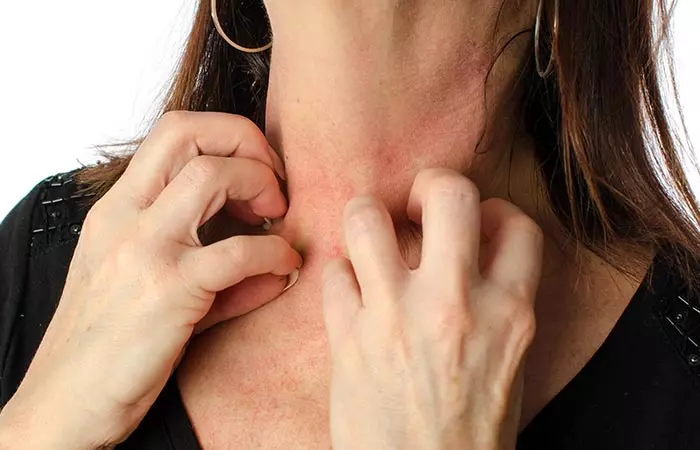
If you are allergic to sulfur, Epsom salt may cause an allergic reaction. You may experience:
- Nausea
- Skin irritation
- Vomiting
- Drowsiness
- Rashes
- Hives
- Swelling of lips and tongue
Also, soaking in an Epsom salt bath for a prolonged period (more than 30 minutes) may cause dehydration. It is always better to take precautions beforehand to avoid any side effects.
Do an allergy test beforehand to check if you are allergic to Epsom salt.
Infographic: 5 Easy Ways To Use Epsom Salt For Acne
Epsom salt has gained popularity globally as a potential remedy for acne. Its anti-inflammatory and exfoliating properties may help reduce breakouts and improve your skin texture. If you are interested in learning how to use it for your acne, check out this infographic now!

Illustration: StyleCraze Design Team
Though there are not enough scientific studies to support the effectiveness of using Epsom salt for acne, people who have used it claim it to be quite effective for skin care. Epsom salt is known to relieve aches, soothe inflammation, relax the muscles to reduce fatigue, pain, and stress. If you wish to give it a try, you can follow the natural remedies discussed in the article and see how your skin feels. However, if you are undergoing any treatment for acne or using any medication, consult a dermatologist before trying this remedy.
Frequently Asked Questions
Is Epsom salt antibacterial?
Anecdotal evidence suggests that Epsom salt functions as an antibacterial and antifungal agent. However, more research is required to prove the same. Consult a doctor about your treatment options before using this remedy.
Which is better: Himalayan salt or Epsom salt?
Both Himalayan salt and Epsom salt offer a number of benefits. Both kinds of baths will help you have a relaxing experience. It is up to you to determine which salt best meets your requirements.
Does Epsom salt make skin glow?
No, Epsom salt doesn’t make the skin glow. However, it acts as an exfoliant that can aid in the removal of dead cells which may give a glossy appearance to the skin. A consistent skincare regime and healthy eating are must to get glowing skin.
Should you rinse skin after Epsom salt bath?
Yes, it is necessary to rinse after an Epsom salt bath. It helps in getting rid of the excess salt on the skin.
Can you use Epsom salt for acne scars?
Epsom salt may not be beneficial for acne scars. There is a possibility that it may irritate the skin further. Hence using prescribed acne scar creams can help in managing these scars.
Can Epsom salt be used for other skin conditions?
Although there is no scientific evidence regarding the use of Epsom salt for skin conditions, as per anecdotal evidence it can be used in the management of eczema and psoriasis.
Is Epsom salt good for skin infections?
Although there is no evidence on the effectiveness of Epsom salt for skin infections, anecdotally it is said that it may help manage fungal infections by drawing out the infection. However, caution is advised as at times it may irritate the skin.
Is Epsom salt suitable for all skin types?
It’s worth noting that while epsom salt can be used on most skin types, it may cause dryness or irritation for sensitive skin. Always conduct a patch test before applying it to larger areas. In case of any skin issues, it’s best to consult your doctor before using Epsom salt on your skin to avoid potential risks.
Illustration: Epsom Salt For Acne: Is It Really Effective?
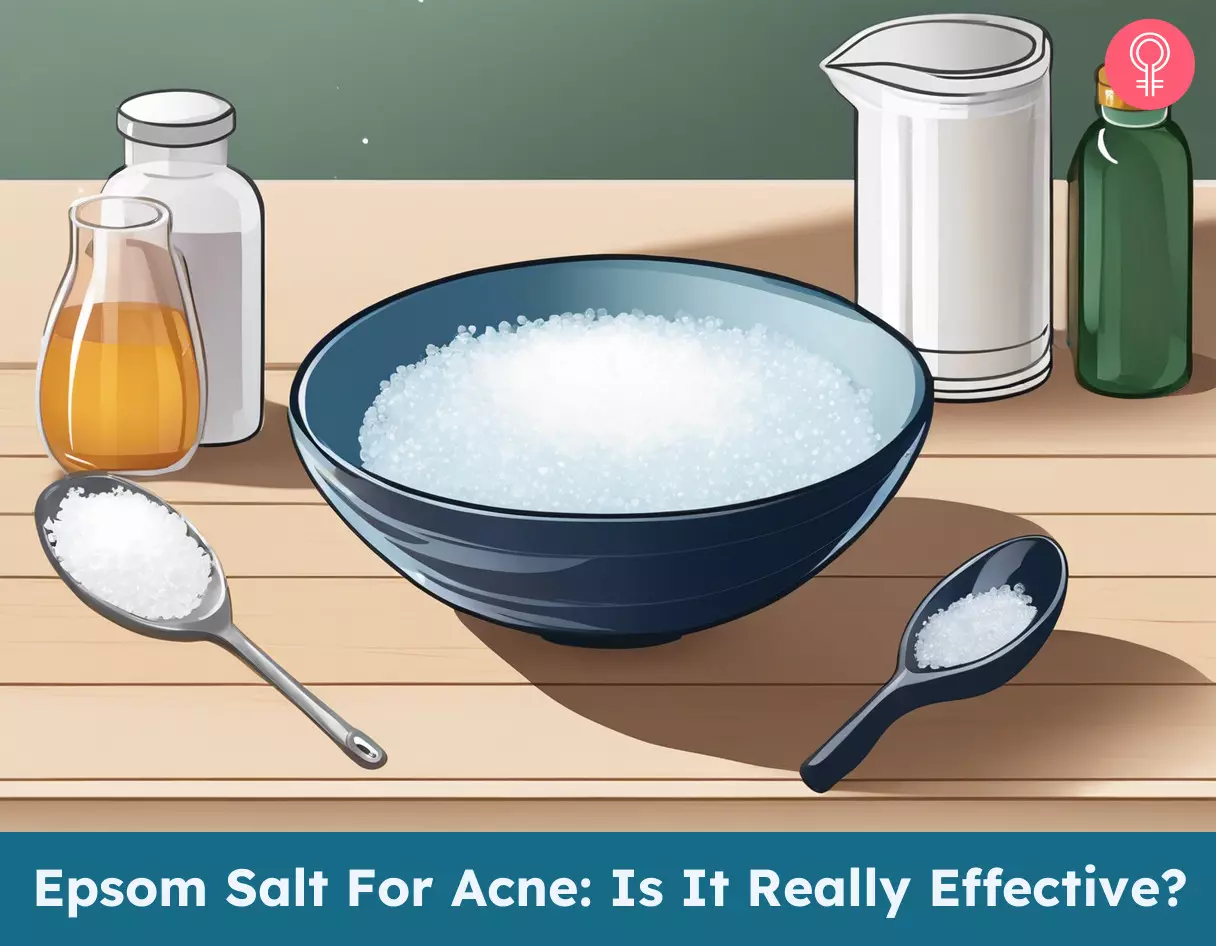
Image: Stable Diffusion/StyleCraze Design Team
Harness the power of epsom salt to combat acne in this informative video. Discover effective ways to incorporate this natural remedy into your skincare routine. Watch now and achieve clear, radiant skin.
Personal Experience: Source
StyleCraze's articles are interwoven with authentic personal narratives that provide depth and resonance to our content. Below are the sources of the personal accounts referenced in this article.
i. How I got rid of my body acne forever!https://www.youtube.com/watch?v=zBTgSupNwfU
References
Articles on StyleCraze are backed by verified information from peer-reviewed and academic research papers, reputed organizations, research institutions, and medical associations to ensure accuracy and relevance. Read our editorial policy to learn more.
- “Honey: its medicinal property and antibacterial activity”, Asian Pacific Journal of Tropical Biomedicine, US National Library of Medicine, National Institutes of Health.
- “In vitro anti-inflammatory and skin protective properties of Virgin coconut oil”, Journal of Traditional and Complementary Medicine, US National Library of Medicine, National Institutes of Health.
- “Anti-inflammatory activities of colloidal oatmeal (Avena sativa) contribute to the effectiveness of oats in treatment of itch associated with dry, irritated skin.”, Journal of Drugs in Dermatology, US National Library of Medicine, National Institutes of Health.
- “Topical treatment with oleocanthal extract in reducing inflammatory reactions after photodynamic therapy: a prospective quasi-experimental pilot study.”, Complementary therapies in Medicine, US National Library of Medicine, National Institutes of Health.
- “Epidermal and dermal effects of topical lactic acid.”, Journal of the American Academy of Dermatology, US National Library of Medicine, National Institutes of Health.
- “Effects of Turmeric (Curcuma longa) on Skin Health: A Systematic Review of the Clinical Evidence.”, Phytotherapy Research, US National Library of Medicine, National Institutes of Health.
Read full bio of Dr. Sreekar Harinatha
Read full bio of Ramona Sinha
Read full bio of Eshna Das
Read full bio of Shiboli Chakraborti






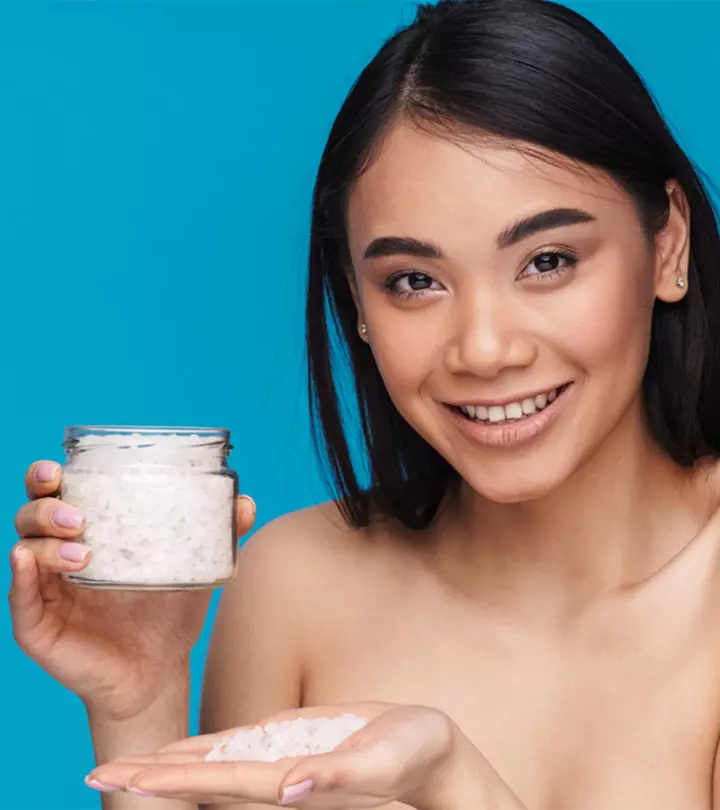
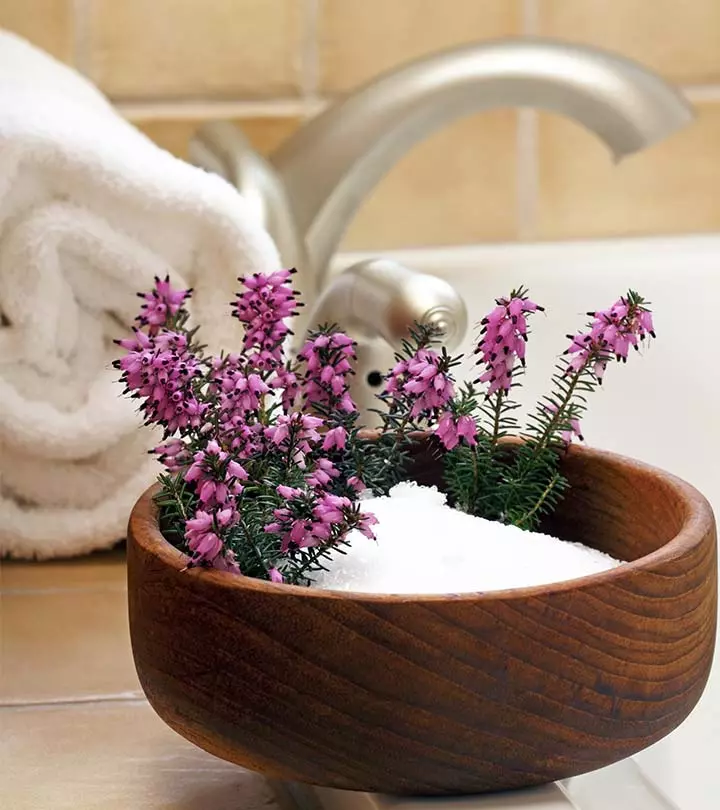
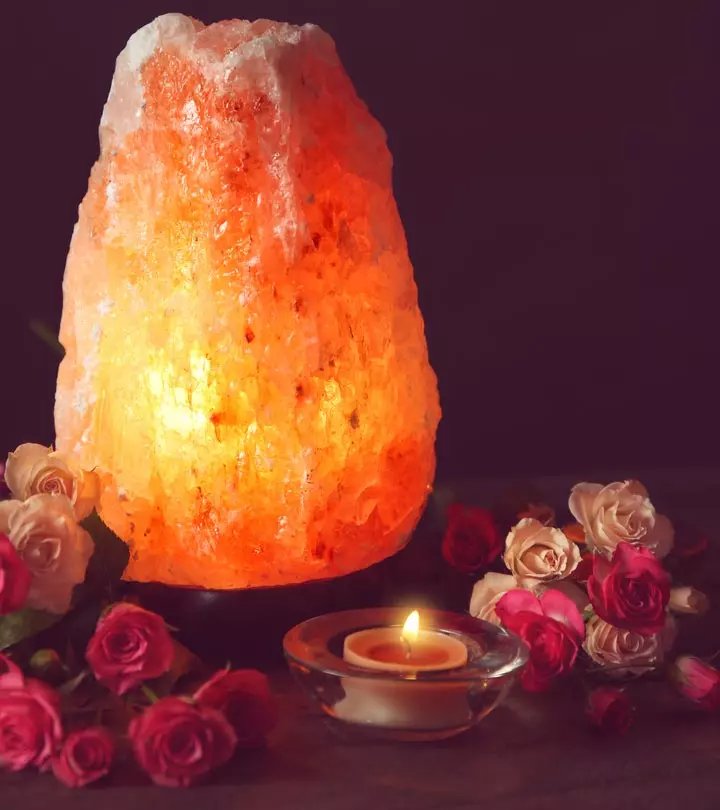

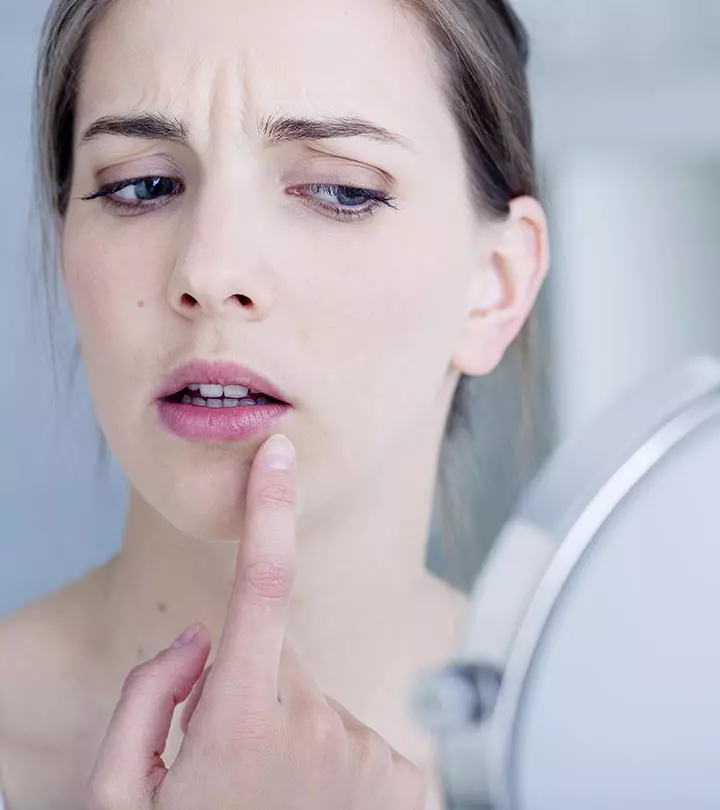

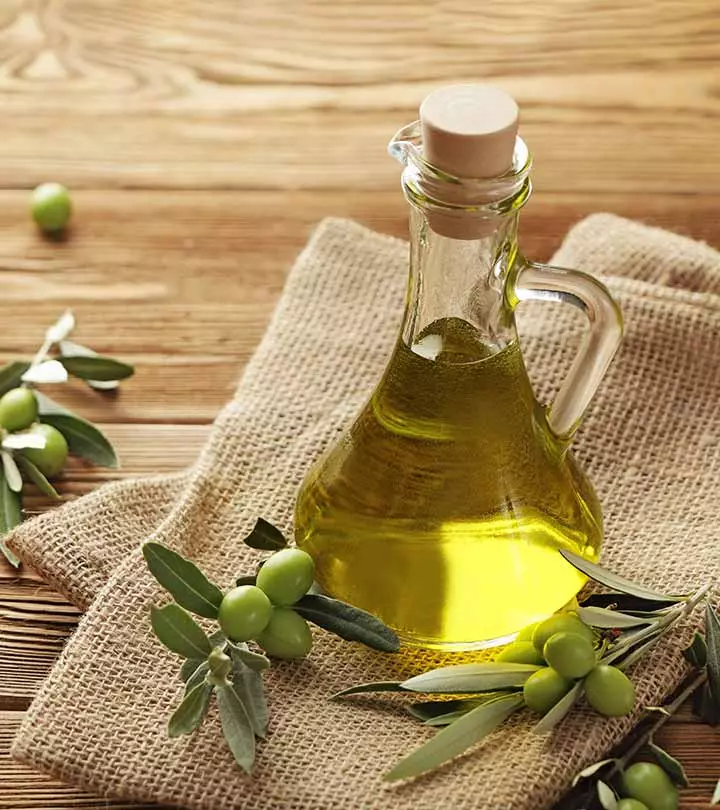
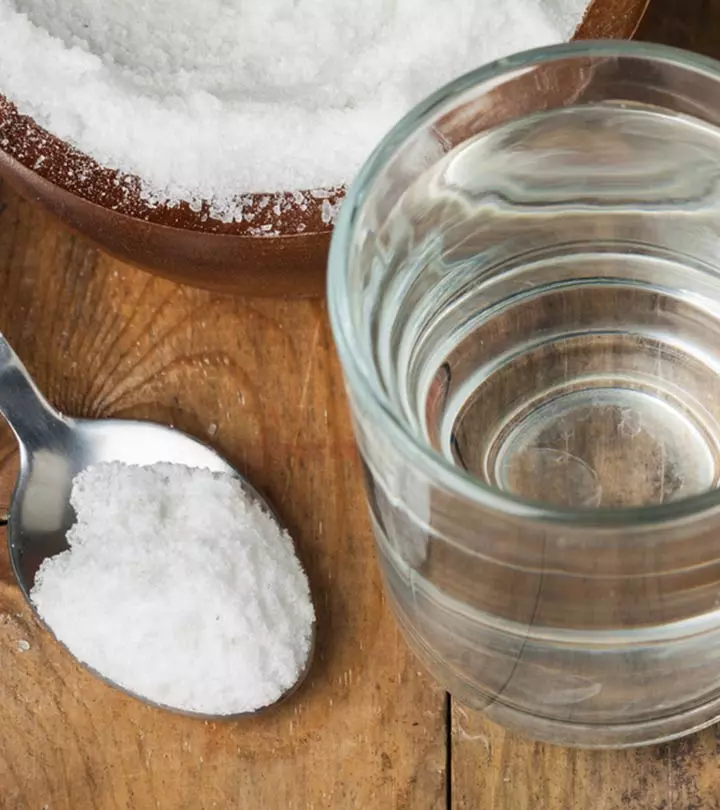
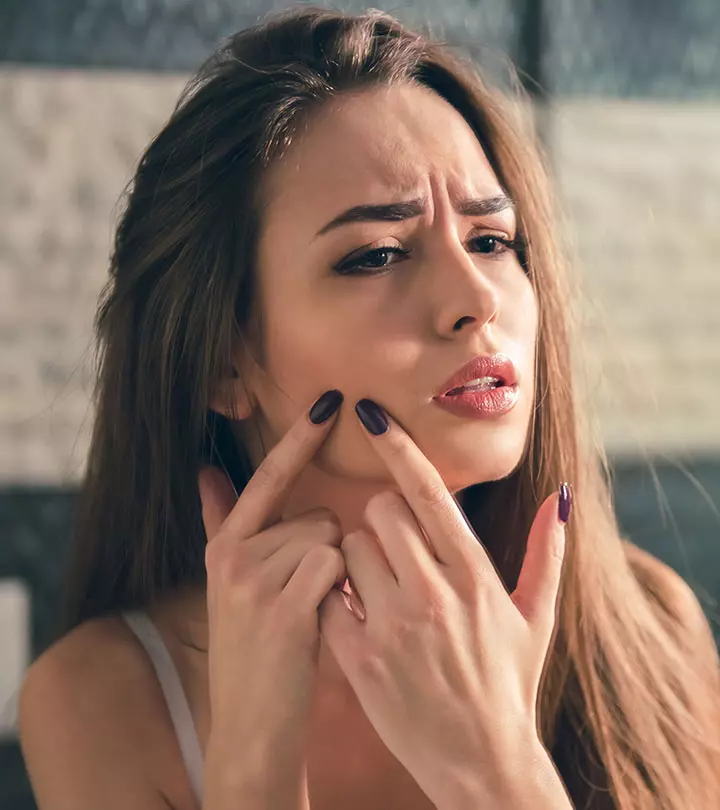
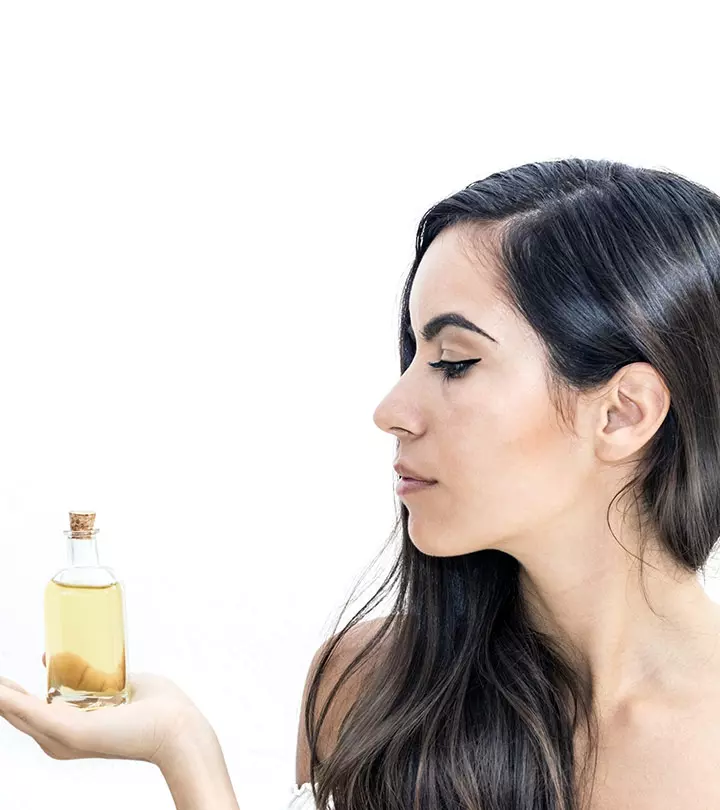
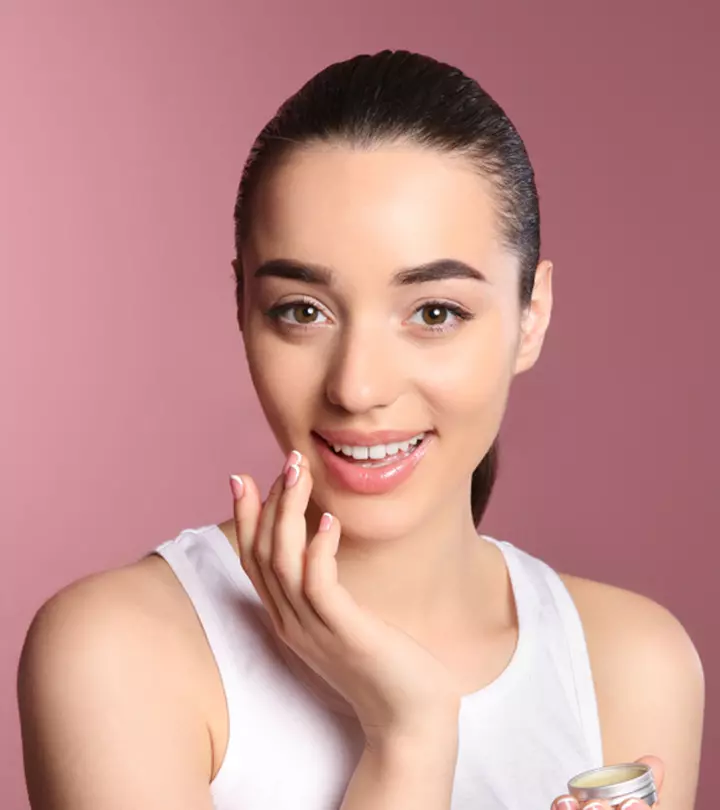
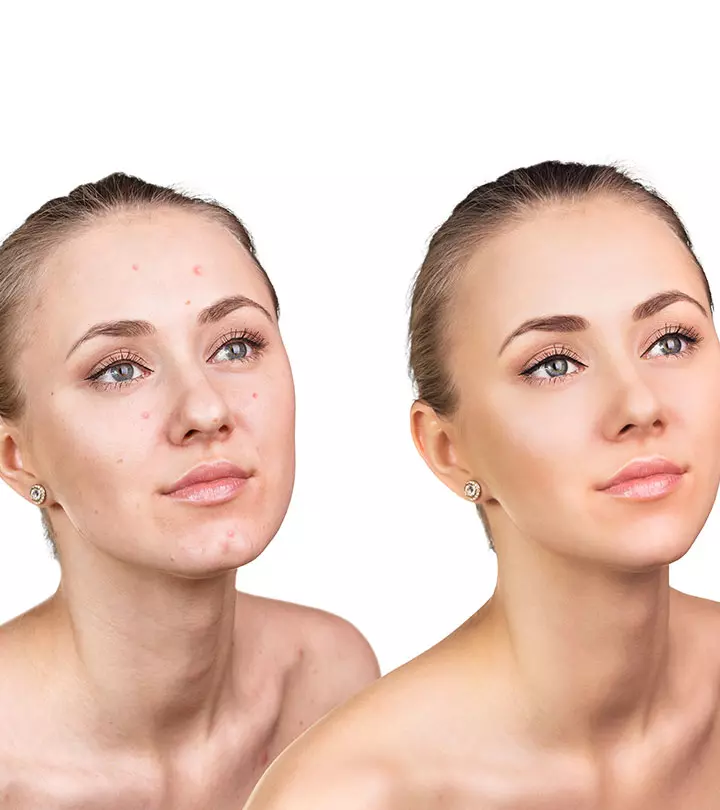
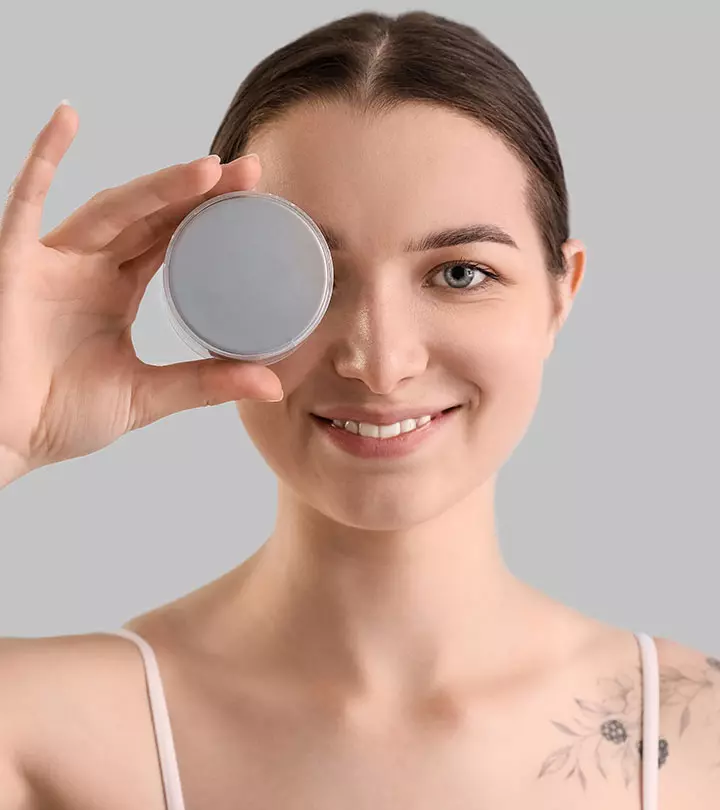
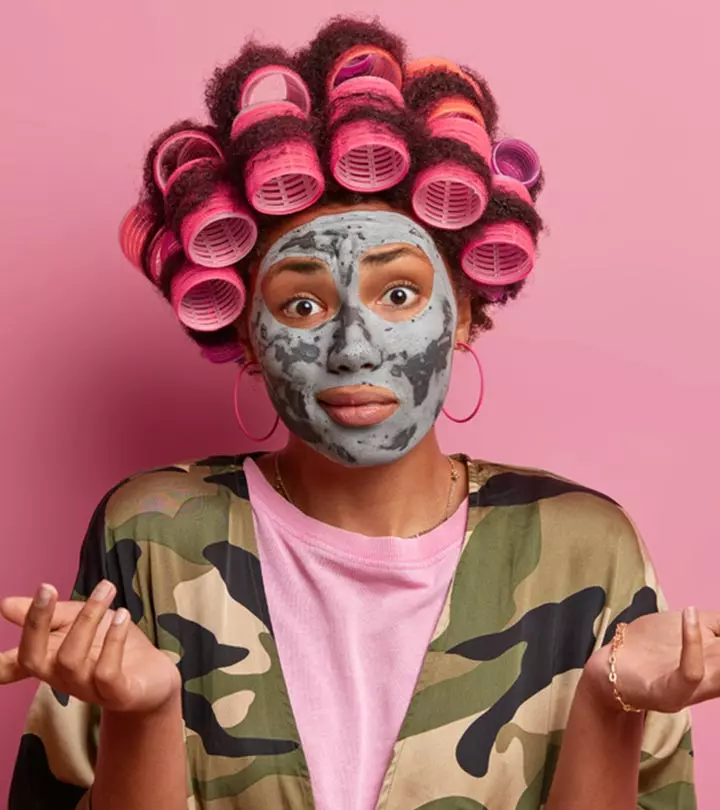
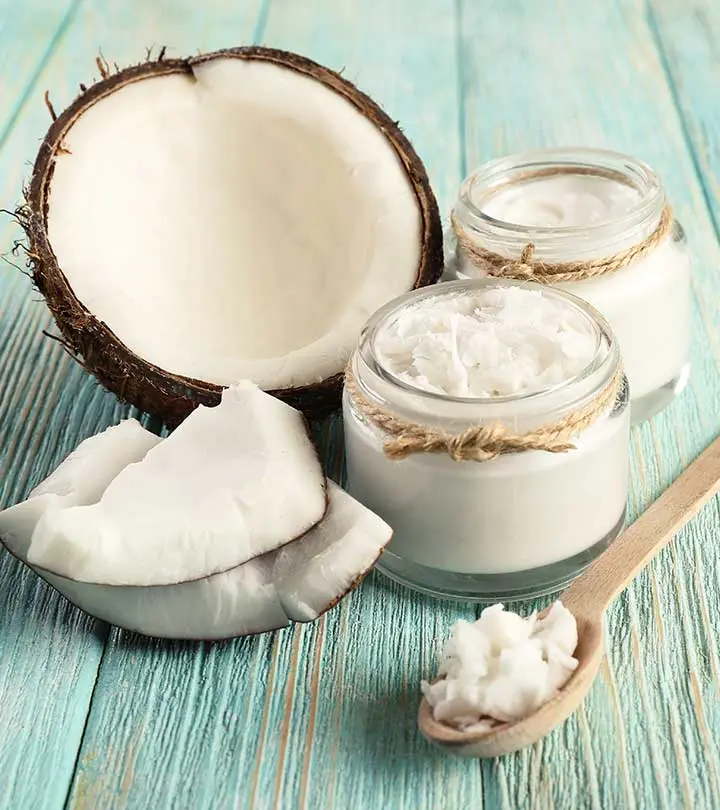

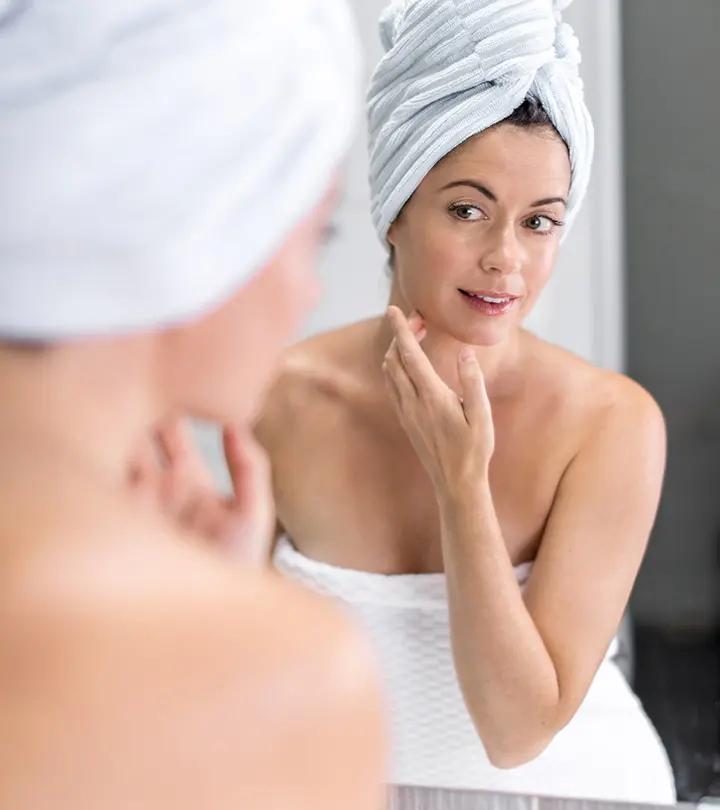
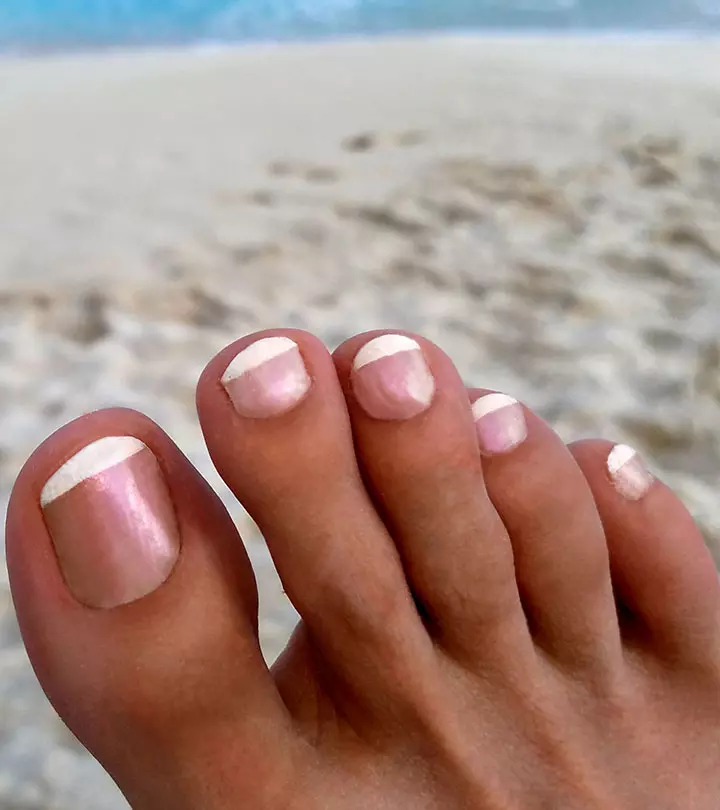
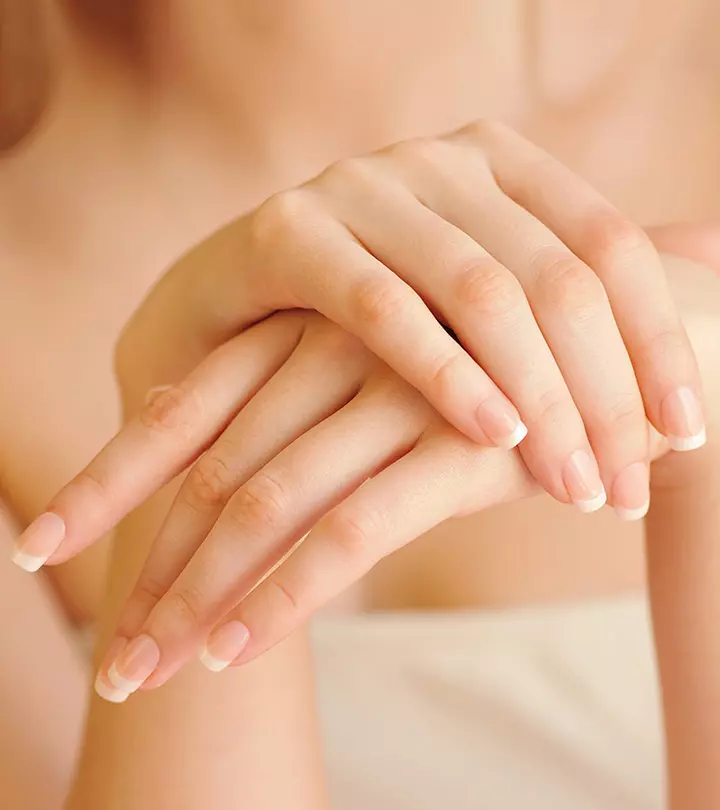


Community Experiences
Join the conversation and become a part of our empowering community! Share your stories, experiences, and insights to connect with other beauty, lifestyle, and health enthusiasts.